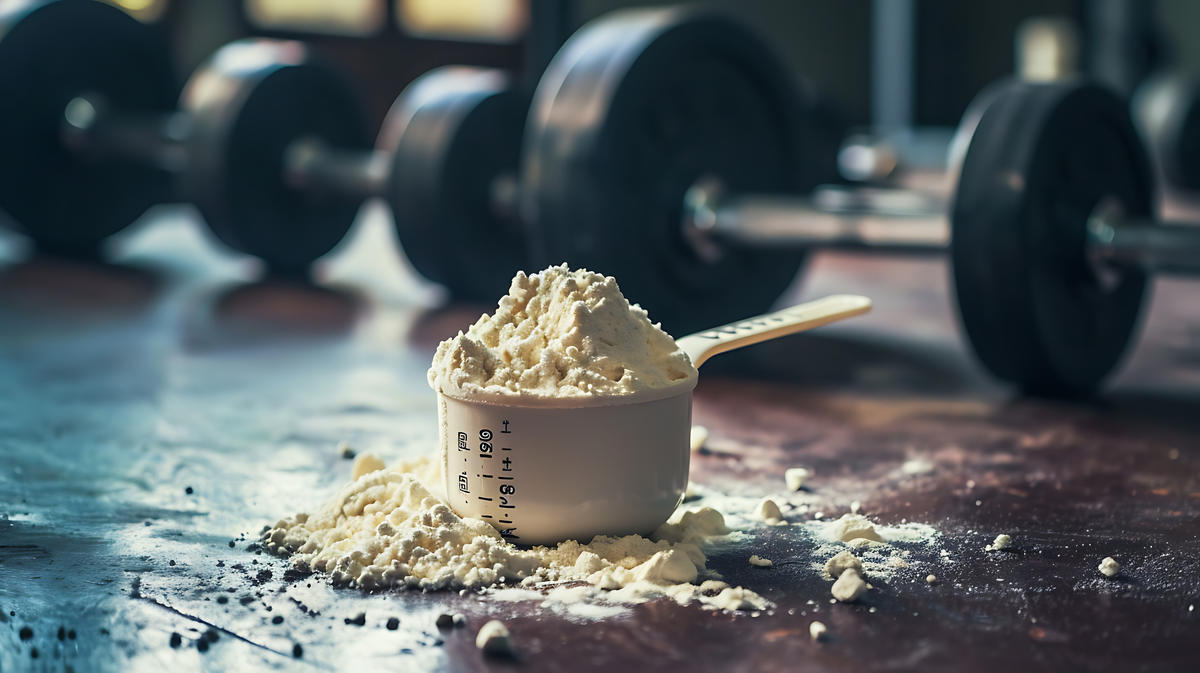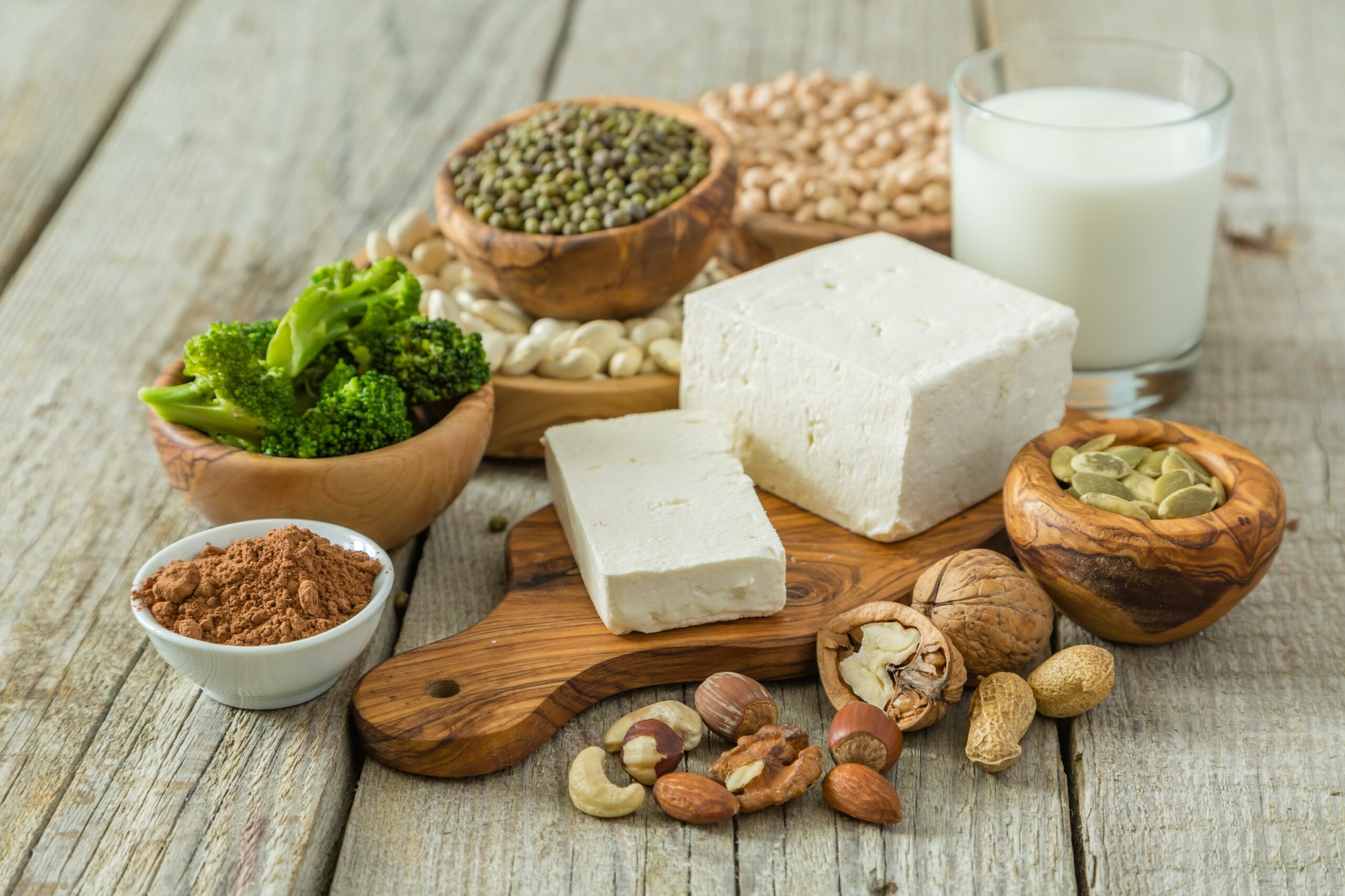What are dietary supplements for athletes?
Sports supplements, designed to support the body before, during and after physical activity, come in a multitude of forms.
The market is mainly divided into five segments: protein powders, energy bars, ready-to-drink beverages, sport-specific supplements and non-protein sports products. Of these, protein products, particularly whey (milk protein), dominate with around 80% of total sales.
Consumers of sports supplements in France are predominantly young (18-35 years), male, and from middle to upper socio-professional categories, including executives, professionals and office workers. These groups are likely attracted by the benefits linked to sports performance and recovery. They also pay particular attention to the ingredient quality and advice from health professionals.
The 3 latest trends in the sports nutrition supplements market
The market for sports nutrition supplements in France is evolving rapidly, driven by increasingly demanding consumers. Current trends highlight product personalization, the growing demand for natural ingredients, and the importance of scientific evidence to guarantee the efficacy and safety of the supplements on offer.
Trend n°1: increasing personalization
The sports nutrition supplements market has to respond to an increasing twofold personalization, focusing not only on adaptation to sporting objectives but also on the individual needs of sportsmen and women. Athletes are looking for supplements adapted to their unique physical condition, specific diets and any health constraints they may have. They also desire products that precisely support their performance goals, whether to improve endurance, increase strength, or speed recovery after exercise.
Companies therefore need to develop a varied range of innovative products that meet these diverse needs. For example, the MyProtein Custom range, sold by the Eponymous brand, illustrates this approach by enabling users to create bespoke formulas tailored to their unique needs, whether to enhance muscle recovery or cater to dietary preferences.
Trend n°2: a natural source
The market for sports nutrition supplements is increasingly moving towards natural products, responding to a growing demand for healthier, more environmentally friendly solutions. For ethical, environmental and simply dietary reasons, athletes are beginning to favor plant-based sources such as pea, soy, rice and hemp proteins. These each have unique advantages and disadvantages.
Pea protein, for example, is valued for its good digestibility and reduced environmental impact compared to soy, although it can present challenges in terms of taste and texture. Soy, with its complete amino acid profile, remains a popular choice, but is surrounded by debates over GMOs and its ecological impact. Meanwhile, rice protein, while easy to digest, lacks essential amino acids such as lysine. Lastly, although hemp protein is rich in essential fatty acids and stands out for its health benefits, it is at a higher cost despite its lower protein concentration.
This quest for more natural sources is driving manufacturers to optimize protein blends to offer high-performance products that meet consumers’ growing demands for organic products and sustainability.
Find out how our team can support you in your plant-based protein projects >
Trend n°3: scientifically proven efficacy
Informed athletes are no longer content with marketing promises: they want tangible proof that the products they consume offer the advertised benefits. This growing demand is prompting manufacturers to invest in their R&D strategy andconduct rigorous clinical studies to validate the efficacy of their formulations.
For example, creatine, well known for its positive effects on performance and muscle recovery, is the flagship ingredient with the most documented efficacy. Its effect on sports performance is widely accepted by the scientific community. This makes it a must-have for many athletes and fitness enthusiasts.
This requirement for scientific proof of efficacy is essential to maintain the credibility of products and is also a lever for differentiation in an increasingly competitive market.
Challenges facing the sports nutrition supplement market
It is essential to improve education on the benefits and the potential risks associated with the consumption of dietary supplements. Therefore, we should also discuss the null or harmful effects of overdosing or using unnecessary supplements. Over-consumption can cancel out the desired benefits. This can even have adverse effects on health by causing nutritional imbalances or even, in a sporting context, risks associated with practices akin to doping. For example, excessive consumption of energy drinks can lead to heart problems or sleep disturbances. It is therefore crucial to provide clear, scientifically-validated information to prevent these dangers.
Faced with these challenges, manufacturers need to go beyond simply selling supplements and offer clear support and appropriate coaching. This could include collaborating with health professionals to integrate supplements into national health programs, or contributing to the establishment of official guidelines. The aim is not only to guarantee the efficacy of supplements, but also to protect athletes by regulating their consumption in a safe and informed way.
The booming market for sports nutrition supplements is driven by consumers in search of performance and well-being. Brands that succeed in reconciling personalization, organic sources and efficacy will position themselves favorably in the diets of tomorrow’s athletes. Alcimed can support you in your projects related to the dietary supplements market. Don’t hesitate to contact our team!
About the author,
Nathan, Consultant in Alcimed’s Agri-Food team in France.



